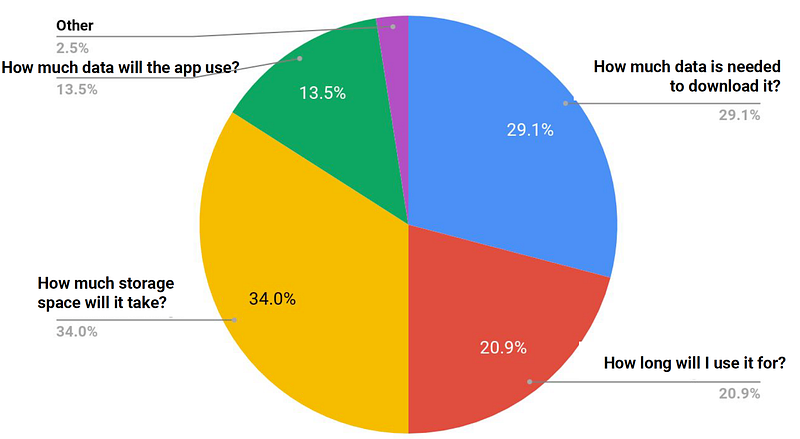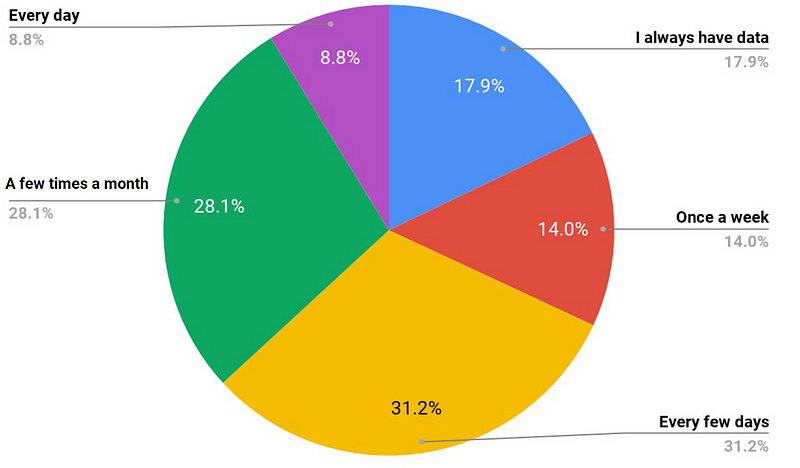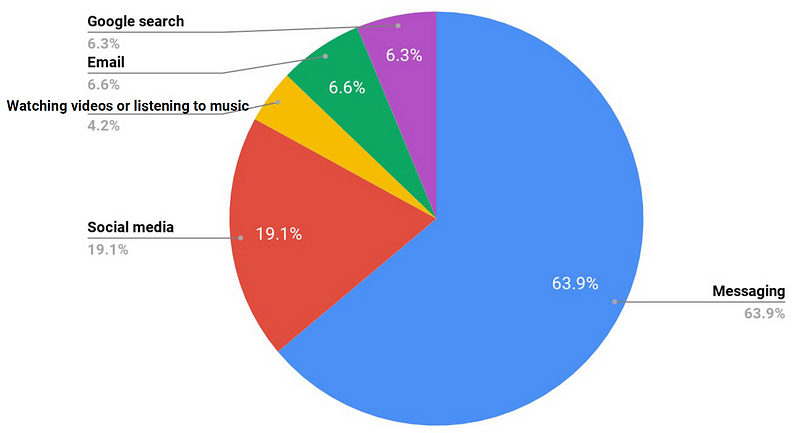The Silicon Valley inspired mobile app eco-system has become a huge industry with over two million apps in the Google Play and iPhone App Stores generating billions of dollars of direct and indirect revenue.
This is all well and good in developed market economies where the average smartphone user has a decent spec device with plenty of storage, access to virtually unlimited broadband data and high discretionary income.
Also read: Goodwell Investments announces new $23M fund for sub-Saharan Africa
People in these markets install apps on a whim. Most have several to many apps installed on their phones they rarely use or have even forgotten about.
Not so in developing and emerging markets
At biNu in South Africa we learned the hard way that despite offering awesome #datafree apps which were free of mobile data cost to use, the number of downloads and installs was much less than expected.
This was somewhat baffling given our core understanding that Data Affordability is Key to Online Engagement in Emerging Markets and certainly is the case in South Africa where mobile data costs are comparatively high, as highlighted by a populist #DataMust Fall consumer campaign.
We gradually realized in a region like Africa there was what we came to term an “app install problem”.
Analysing our own data supported by anecdotal feedback led us to develop the hypothesis this was due to:
- limited storage capacity on the lower cost devices most people were using;
- the data cost to download apps (plus updates);
- user concern that apps consume previous data in background mode and “eat your airtime”;
- the perceived value of an installing app compared with the easy utility of Google Search and web browsing.
Quantifying the app install problem
To test our hypothesis last April / May we conducted a survey with person-to-person interviews in two Cape Town township communities and a digital survey with mobile consumers in the Gauteng region.
The survey results confirmed our hypothesis with some, particularly startling results. The full report can be downloaded from this link: Mobile Consumer Research Project 2018 (PDF file).
Highlights include:
- 84% of people have phones with 16 GB of storage capacity or less;
- 70% of people buy airtime data in amounts of R50 ($3.40) or less and 62% of people buy data top-ups at least weekly, or more often;
- most people have irregular or no access to Wi-Fi.;
- 82% of people regularly run out of data;
- 81% of people interviewed face-to-face had 5 or fewer apps they had installed on their phones;
- 100% of people interviewed had WhatsApp installed, 96% had SHAREit and 67% had Facebook Lite;
- the factors people consider most before installing an app are:- available phone storage (34%), data cost to download (29%), how long they might want to use it for (21%), how much data an app will use (14%);
- 90% of people regularly get apps through file sharing with friends (using SHAREit) instead of using data to download from the app store;
- 64% of people said messaging was the activity they missed the most when they were without data — the next closest was 19% who said they missed ‘social media’.
1. When you are deciding to install an app that you would like, what is the most important thing you think about?

2. Do you ever run out of data on your phone?

3. When you have no data on your phone, what do you miss doing the most?

Conclusions
Outside of a less than a handful of popular apps, the average smartphone user in South Africa is extremely unlikely to install an app, and if they do the value proposition needs to be strong and sustained.
WhatsApp is easily the top dog of apps and is installed (and no doubt regularly used) on pretty much every one of the 25 million smartphone devices in the South African market.
With South Africa as the largest and highest GDP per capita economy in Africa, it would be reasonable to assume the app install problem is even more pronounced across the rest of the region.
This article was written by Gour Lentell, the CEO of biNu. It first appeared on his Medium and was reproduced here with his permission.
